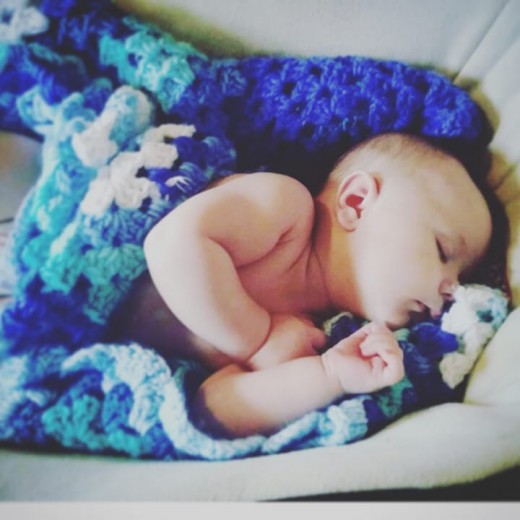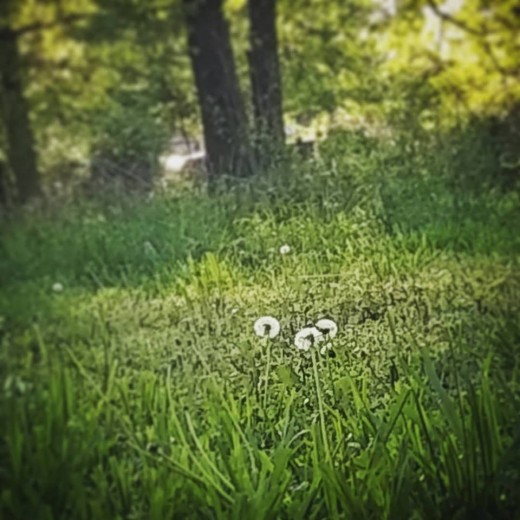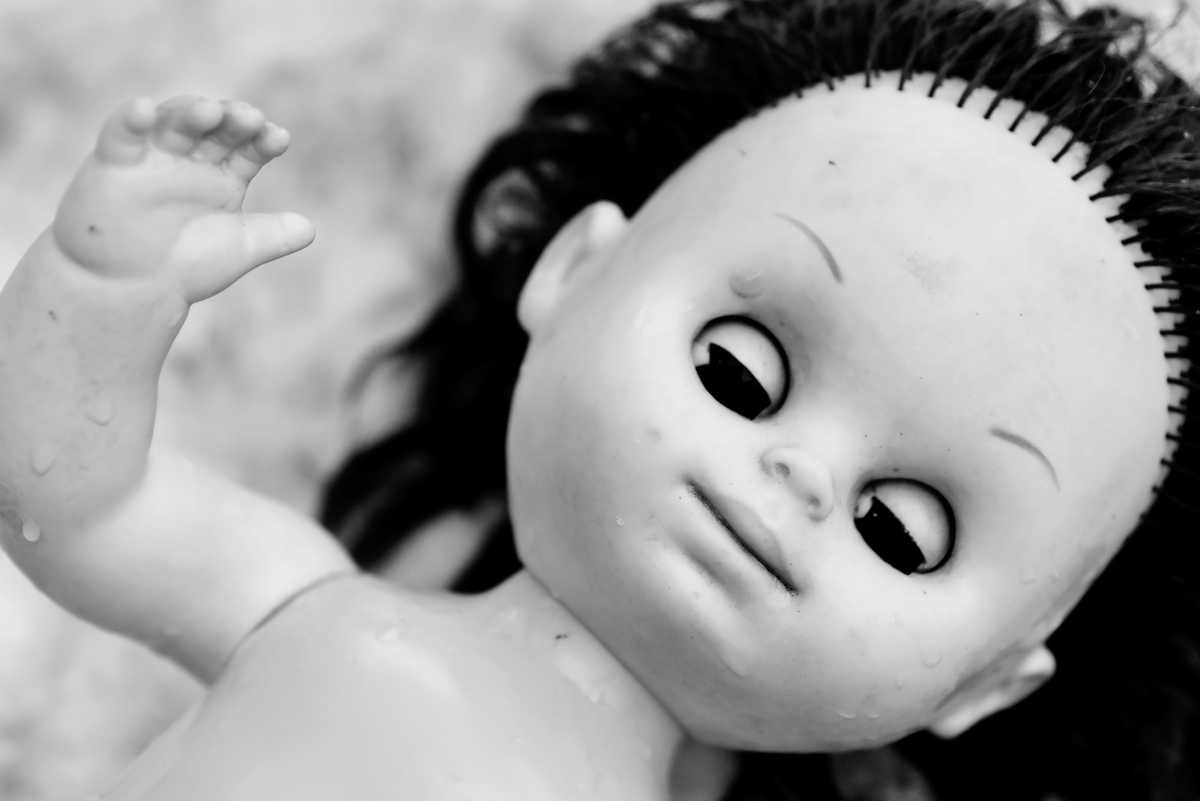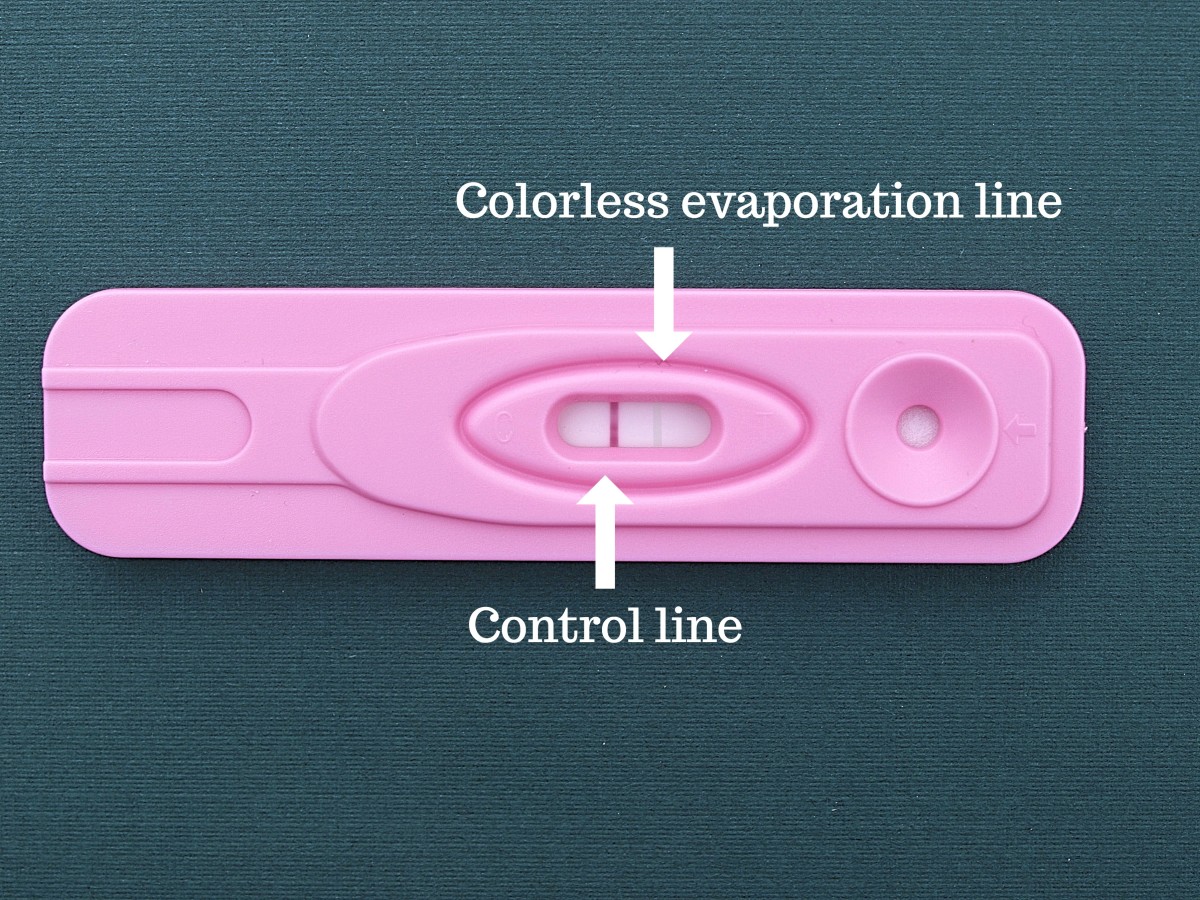- HubPages»
- Health»
- Women's Health»
- Pregnancy
How to Deal With Postpartum Depression
What Is Postpartum Depression?
Throughout pregnancy, a woman's body undergoes many changes to accommodate the child growing within. Many of these changes are physical, and can clearly be seen. However, some changes occur under the surface, where no one, including the mother herself, notice they are there. One of the most common invisible changes is the change to a woman's hormones, leading to jokes about mood swings, increased sensitivity, and crying at hallmark commercials. These changes can also result in postpartum depression, which is a form of depression that occurs after the birth of the child and can increase a woman's chances at developing major depression later in life.

Signs Of Postpartum Depression
Insomnia
Severe exhaustion
Lethargy
Increased anxiety
Irritability or anger
Inability to care for yourself or your family
Inability to bond with the baby
Feelings of hopelessness or worthlessness
It's Not Just Moms
Dads are just as susceptible to developing postpartum depression as mothers are. In fact, a study done at the Center for Pediatric Research at the Eastern Virginia Medical School in Norfolk, Va. by James F. Paulson Ph.D found that, out of 5,000 two-parent families, 1 in 10 new dads were found to meet the criteria for postpartum depression.
Unfortunately in our society today, it is difficult for men to come forward with feelings of depression for fear of being seen as "weak" or unable to provide for their families. Because of this, many men do not seek help for their depression.

Have you experienced postpartum depression?
I Have Postpartum Depression. What Do I Do Now?
First step, remind yourself that it is not your fault. As someone who suffered postpartum depression, I understand that it is hard to believe that you aren't doing something wrong. Yes, there are dishes piled up in the sink, used baby bottles fermenting on the coffee table, you haven't showered in days, and your hair is a tangled mess. IT'S NOT YOUR FAULT! Let that sink in.
Now, you need to find someone you trust that you can confide in, whether that is your doctor, your spouse, or a friend or family member. Telling someone you need help does not make you weak, nor does it subtract from your ability to be a good mom, wife, dad, husband, etc. It is a badge of strength to fight for your mental health. It took me a long time to understand that, and to this day I still break down when I need to ask for help, but it is a work in progress.
Next, open up to that person. Tell them what you are feeling, even if those feelings seem harsh and terrible to you. Some parents feel like they hate their new baby, or they resent their partner. Some people who suffer from depression feel like their family would be better off without them, If this is you, please know that this is a lie that the depression tells you. Your family needs you. If you are suicidal, there are links at the bottom of this article for depression help and suicide prevention. I implore you, please access these resources.
Once you open up to someone, seek professional help. It is not a failure if you need the assistance of medication to help you overcome postpartum depression. Sometimes, diet changes and activity can help. Whatever works for you, make it a part of your daily regimen.

NEVER be afraid to ask for help. You are worth it!
The Light at the End of the Tunnel
The good news is, postpartum depression does not always last forever. With the help of your doctor and the people who care about you, you can overcome this hurdle and see the sun rise on a new tomorrow. Postpartum depression does not define you, nor does it detract from your character, and you CAN overcome it.
Depression Text Hotline
- Depression Text Hotline | Crisis Text Line
Feeling depressed? Get free help now. Text CONNECT to 741741 in the US.
National Suicide Prevention Lifeline
- Postpartum Support International - PSI
Postpartum Support International is dedicated to helping families suffering from postpartum depression, anxiety, and distress.








